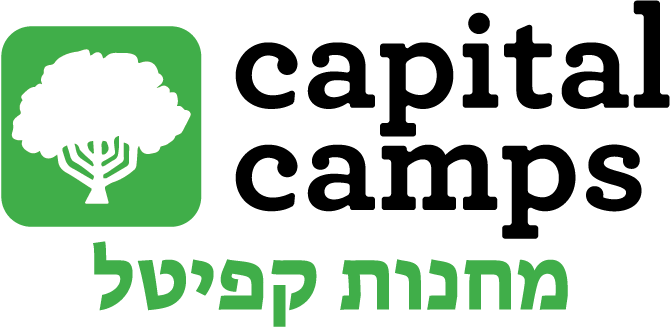One of the most special things about returning to camp summer after summer (this is my 10th year!) is watching the tremendous growth that happens throughout the camp lifecycle. Not only is it incredible seeing the confidence campers gain in a few short weeks, but year to year.
Perhaps the most significant growth is the leap between camper to staff. Our LIT and CIT programs prepare these young adults for the transition, but the investment in them continues into their staff journey through the agency’s commitment to staff development.
Throughout the summer, counselors get paired with a mentor for ongoing, real-time coaching. They also engage in weekly staff development lunches to help translate all of the things they are learning working at camp to marketable career skills.
This week, I had the pleasure of co-leading the first round of these staff development lunches. The highlight of these lunches stretched beyond the content of the session itself. What stands out to me is the counselor’s answers to the icebreaker question, “What has made you smile or laugh in the past 24 hours?”
Their answers illuminated the incredible bonds forming between campers and staff in just the first week of the session. If these small glimpses into cabin life are an indication of the larger impact the counselors make, I know your camper will come home with special memories and Jewish role models they’ll remember for years to come.
Deborah Silver
Summer Programming Associate
